The Movies That Made Me: How I Became A Film Critic
We've all had formative experiences that created who we are. For me, those experieces are exemplified by the movies I saw.
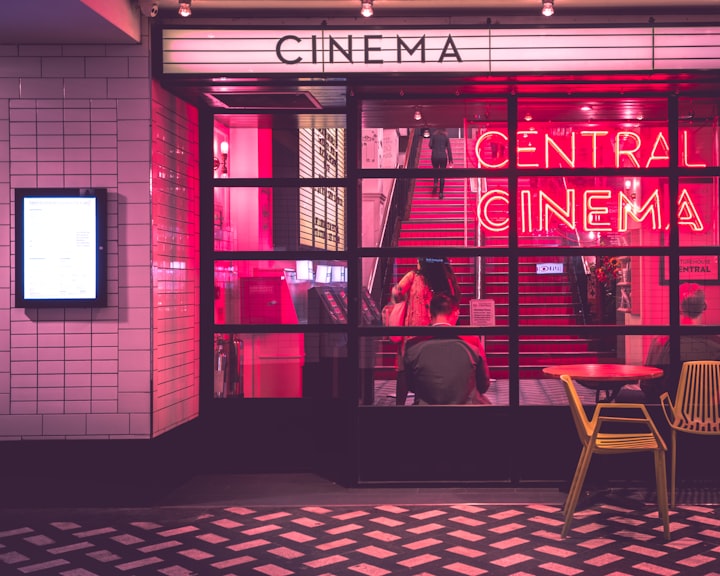
Recently I watched a documentary on film art and history and it put me in the mind of thinking about my formative moviegoing experiences. Remembering the moviegoing experiences that shaped who I am as a film critic and as someone who simply loves movies. My earliest moviegoing experience was not all that memorable. I was 6 years old and my brother Chuck and his then girlfriend took me and my brother Kevin and my younger sister Amy to see E.T.
Don't get me wrong, E.T is a classic, one of the great kids movies of all time. However, because millions of other 6 year old's have that same memory it's a little less special than my more formative and even life changing experiences at the movies.
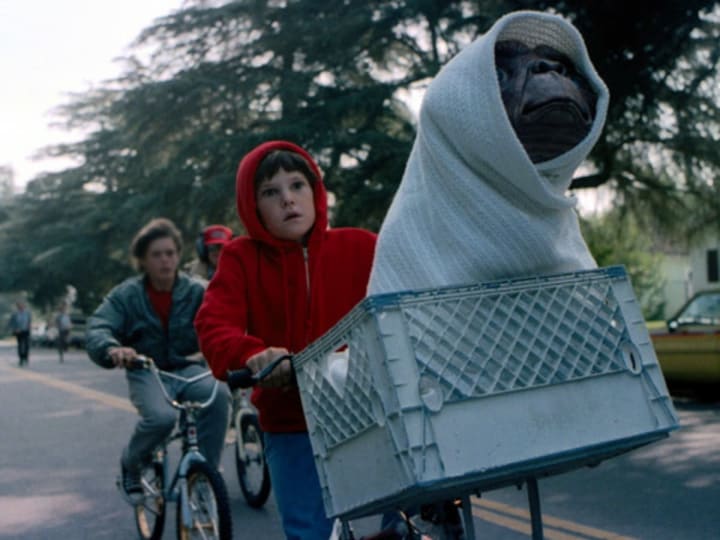
I became an amateur film critic in 2000 when I joined the staff of a website called Bikkit.com (RIP) but I like to think that my critical skills were emerging earlier. One experience that shaped me as a critic took place in the Summer of 1998. To this point in my life I had seen movies I didn't like but had never had such a determinedly negative reaction as I did to Armageddon.
Michael Bay's brutal epic about oil riggers in space attempting to blow up a meteor heading for earth was violently awful. With lazy performances by Bruce Willis, Ben Affleck and Liv Tyler and a belligerent screenplay credited to then unknown writer JJ Abrams, all corralled by the evil Mr. Bay into one giant incoherent mess, Armageddon left me physically, viscerally angry as I left the theater. It was then that I realized that I needed an outlet for this rage. That, and I nearly broke my hand punching the theater door as I left.
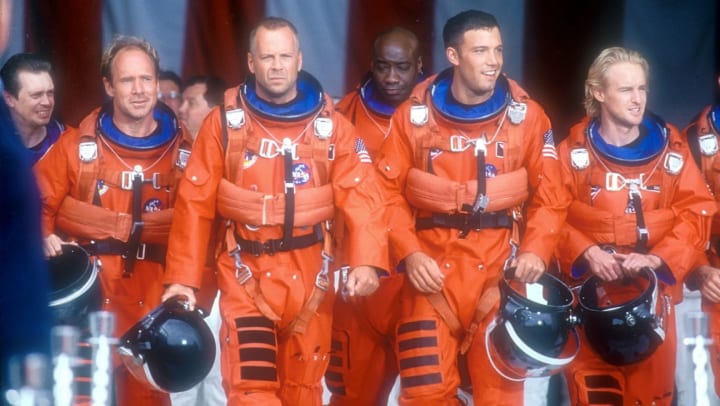
My experiences got better thankfully. One of the great memories of going to the movies in fact came early in the next year after my Armageddon experience. 1999 for me, remains the best year of movies in my lifetime. So many classics came out of that year that to name them would take up far too much space. But I will relate a pair of them because they began my awakening as a movie lover and as someone who wanted to dedicate his life to studying and deconstructing the art and ideas of the movies.
It has been argued that from 1998 to 2006 Spike Lee was wandering in the woods, his career as a filmmaker floundering without a solid home run hit since Malcolm X. In 1999 Spike released Summer of Sam to mostly crickets. The film is one of Spike's lowest grossers of all time and one his least critically praised. I saw it in July of 1999 in an empty theater in Davenport Iowa.
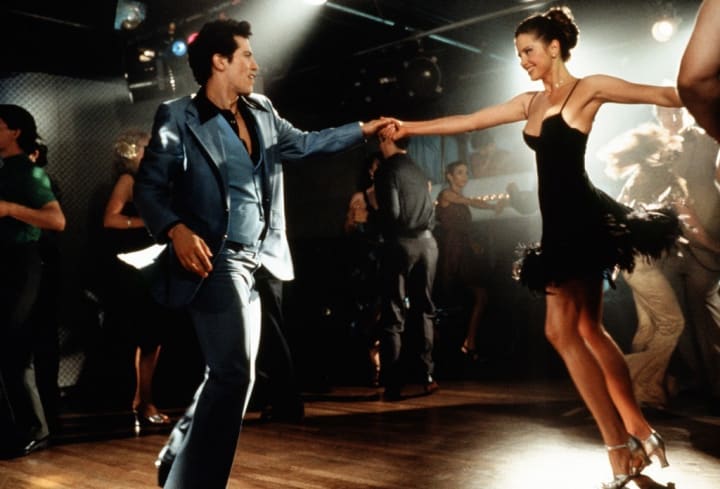
Summer of Sam tells a multi-track story of how the serial killer Daniel Berkowitz, known as the Son of Sam, terrorized New York City in the summer of 1977. That same summer the Yankees were headed to the World Series, Disco and Punk were battling for supremacy in the boroughs that make up New York City, the sexual revolution was at its peak, and a massive citywide blackout led to the worst riots the New York had ever seen.
Many critics claim that Spike tackled too many topics too broadly. For me however, Summer of Sam was a revelation. The sprawling stories, indelible characters, and the inflamed history were thrilling. This was the film where the raw artist Spike Lee matured into the auteur Spike Lee. Summer of Sam taught me what was possible in terms of storytelling in movies as Lee's broad outlines coalesced to a blindingly violent and tragic finale that hit like brick to the skull.
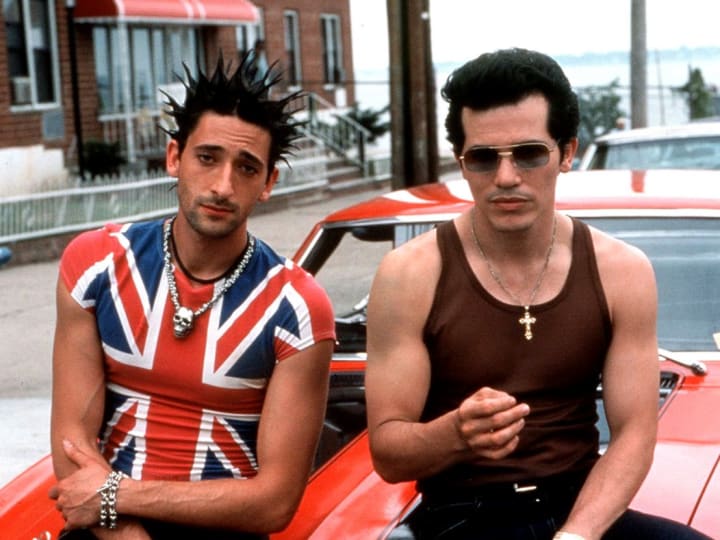
I will never forget the adrenalin I felt walking out of Summer of Sam. That same feeling hit me in December of that same year when I saw a completely different but equally as challenging film, The Talented Mr. Ripley. The draw here for me was Matt Damon and Gwyneth Paltrow, I was only vaguely aware that director Anthony Minghella was also the director of the Oscar winner The English Patient.
I had no idea going into The Talented Mr. Ripley just what I was in for. The film would effect my perceptions of morality, homosexuality, politics, and thought in general. The story of a gay con man aching to be accepted into the lives of the people he deeply envied struck a chord in my outsiders soul. I too longed for acceptance and love from the people whose lives I perceived were more than mine.
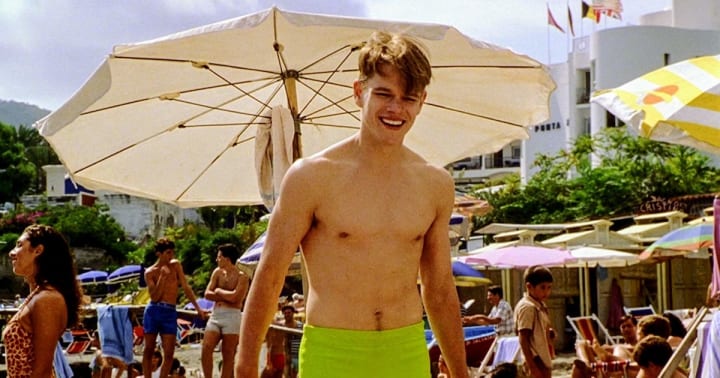
I never resorted to murder As Tom Ripley does but the astonishing trick that Anthony Minghella and Matt Damon pull off is making you understand a murderer and his motive. To say that you sympathize with the murderous Tom Ripley is abhorrent and yet as Tom seems to be getting away clean and finding what could be a happy ending I found myself rooting for his getaway. It makes the finale that much more impactful and devastating.
Driving home I realized that Anthony Minghella had turned my very morality against me. He had made me sympathize with a gay serial murderer. I was shocked, ashamed and alive with the possibilities of great storytelling. It was a personal revelation as well. As a young man I was intolerant. I never actively campaigned against homosexuals but I was not the open minded accepting person that I am now.
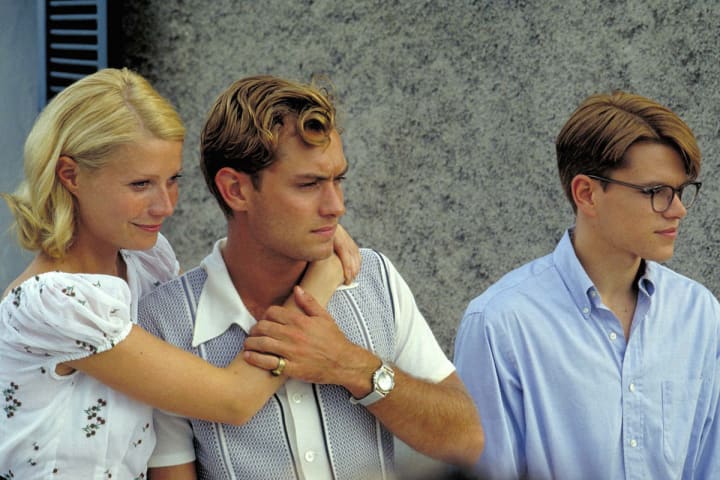
The Talented Mr. Ripley was one of the first steps to me being able to accept and understand homosexuals not as deviants who did icky things but as sympathetic beings who can be as sad and wounded as I was in my not being accepted. Homosexuals were and in many ways still are outsiders desperate for acceptance by society. I was an outsider seeking the acceptance of anyone. It was only the beginning for me coming to understand and accept homosexuals as just people who are not defined by their sexuality.
The Talented Mr. Ripley was a catalyst to a whole new perspective on life from morality to politics. I was a Republican years ago but the party stance on issues related to homosexuals was one of many reasons I left them behind. What an extraordinary thing that movies can do. They can shape and change who people are or who they thought they were.
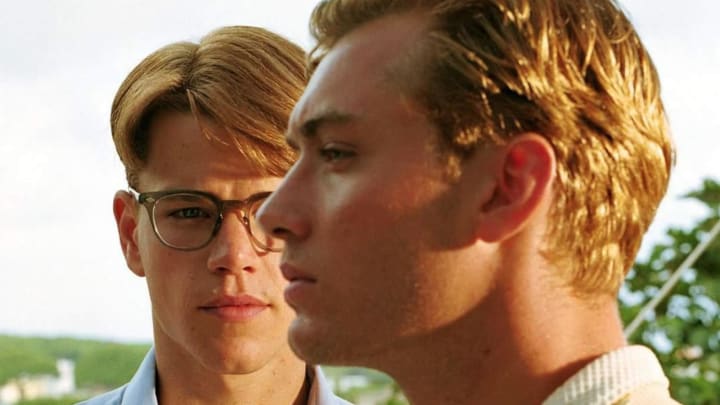
Under normal circumstances there is no reason I should remember the romantic comedy Two Can Play That Game starring Vivica A. Fox and Morris Chestnutt. The film is not terrible really, just a formula romance with the rarity of African Americans cast in the lead roles. A rarity but not a first, hence why it shouldn't be all that memorable.
The reason I do remember it and why I will remember it forever is because I saw it on September 12th 2001. Unable to bear the unending speculation and repeated showings of the greatest tragedy on American soil ever on September 11th 2001, I finally walked away from the TV. There was only one place in the world where I knew I could shut out the horror and the sadness and that was in the palace of movies.
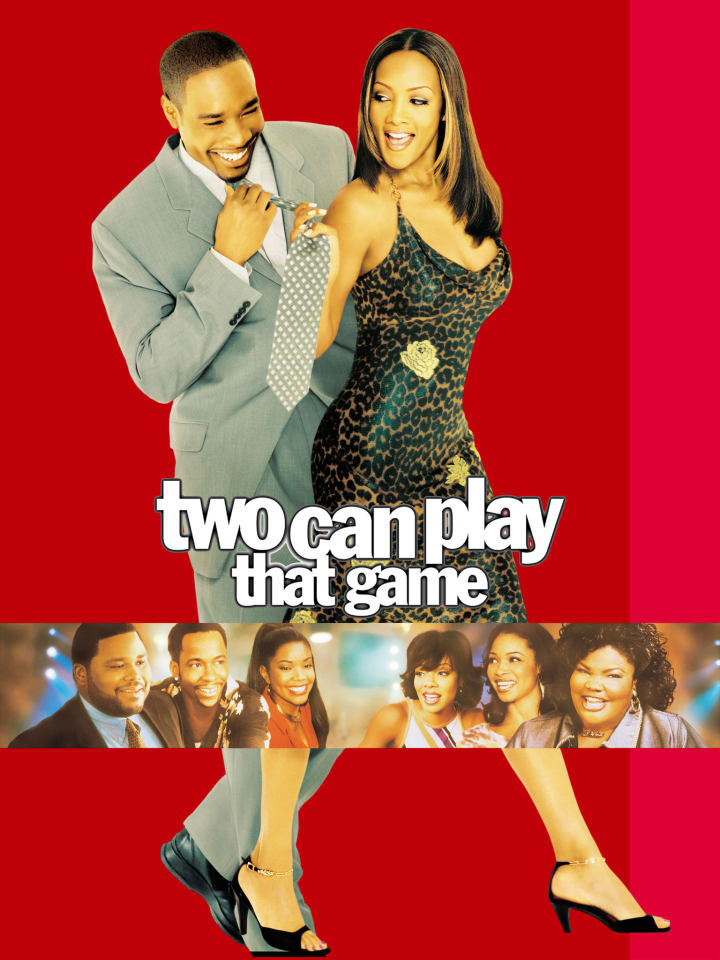
The lobby was empty and as somber as a church. The sadness and fear was written on the faces of everyone from the ticket sellers to the managers and the young people selling candy and popcorn who for the first time truly realized the irrelevance of such things. Everyone commiserated without words and while the theater employees were surprised to have a customer on this day, not that I was the only one, everyone understood the need for escape.
I escaped into the world of this relatively lame though far from terrible rom-com and though I was incapable of laughing at this point the movie was a needed escape and provided 98 minutes where the world didn't seem to be ending. I never reviewed Two Can Play That Game, the burden of when and why I saw it was far too great for me to give a fair assessment though the fact is I probably would have been very kind. Movies can't make the hurt go away but as an escape hatch they are invaluable no matter their quality.
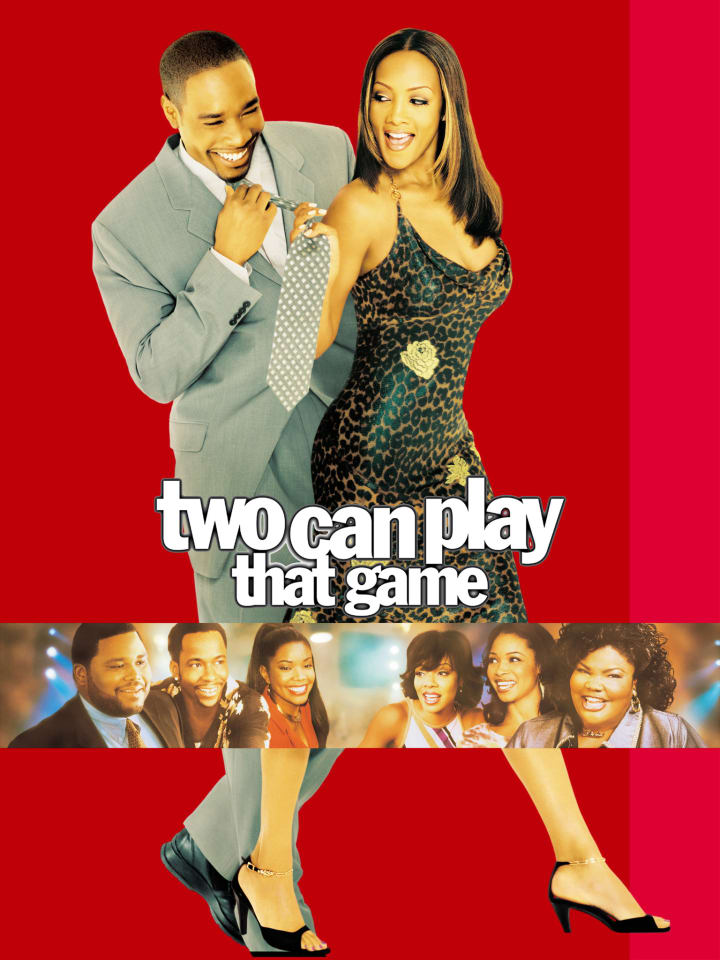
9/11 played another odd role in my memories as a movie goer with the 2006 release of United 93. I have always held a healthy cynicism but seeing United 93, Paul Greengrass's exceptional reenactment of events on the plane that didn't make it to it's destination of terror, was a shockingly cynical experience.
United 93 opened in theaters like it was any other movie and not the first movie to tackle the subject of the most devastating collective experience in this new decade. That was only the beginning of the oddity. The film is a vigorous, painstaking retelling of actual events on flight 93 and on the ground where at the Eastern Air Traffic control center the most difficult threat assessments were being made by the steady, thoughtful man in charge Ben Sliney.
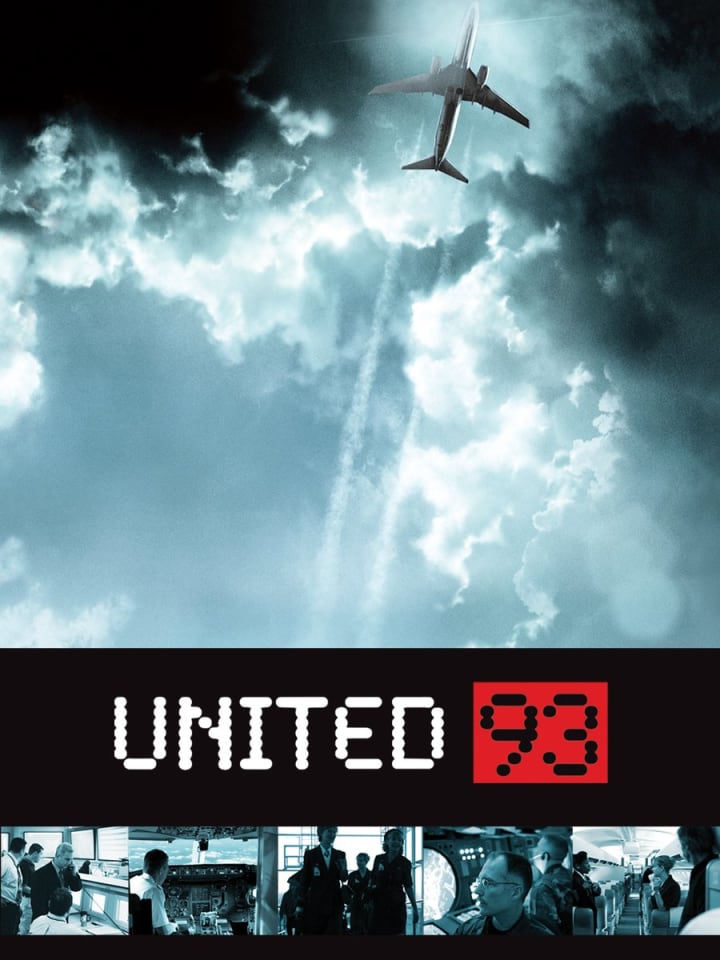
Ben Sliney plays himself in United 93 lending even more accuracy and fascination to United 93. In my review I praised Paul Greengrass for his filmmaking, his knack for finding the true human voice of those historic moments when most filmmakers would have tended to be melodramatic in attempting to dramatize the moment. It's really the only approach to this material that could work. Unlike Michael Bay's bombastic and fake Pearl Harbor story, Greengrass did not have the luxury of time to dull the memory and allow for romanticizing.
What I could not do and to this day cannot do is recommend United 93. How does one recommend reliving with painstaking accuracy such a painful event? No doubt there is great value in not letting these memories, the pain of that day fade, but in 2006 and even today, the wound of 9/11 remains raw. It is far too emotional for me to put the experience in a cinematic context.
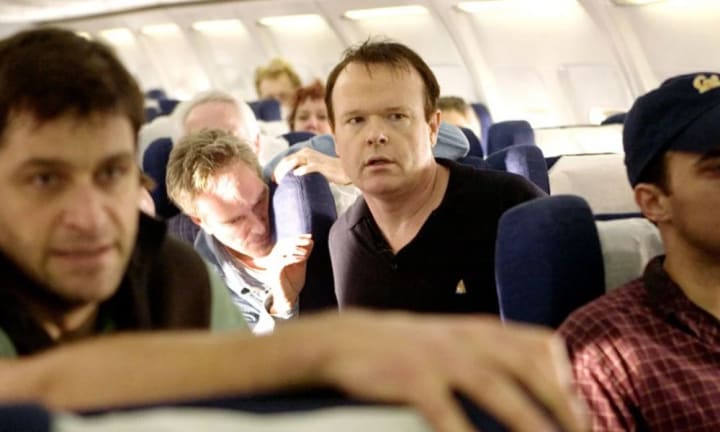
That brings me to April 28th, the day the film opened. Having seen the film earlier in the week in my role as critic I was on hand for another film. I found myself appalled by the people lining up to see United 93. They were typical moviegoers. Their manner was irreverent, not staid and respectful. They held no reservation about this experience. Most oddly, they bought pop and candy.
Here they were about to re-experience September 11th and they were munching popcorn and drinking Pepsi. The disconnect for me was infuriating and yet comical. What a commentary on our bizarre culture that the re-living of our greatest collective trauma could get the same reception as the Robin Williams comedy RV which opened that same weekend. People talked, texted, kicked the back of the seat as they did at any other movie and United 93 just isn't any other movie. My opinion of humanity dipped to a new low.

Another formative moment came in 2008, when I plumbed the depth of my soul watching Rachel Getting Married and cried openly in a movie theater for the very first time. I had had many moving moments but something about the raw, beautiful, breathtaking emotions expressed in Anne Hathaway's performance and Jonathan Demme's soulful direction stirred something in me, opened me up, and caused me to feel this movie so deeply.
On a completely different note, the work of M. Night Shyamalan shaped me in a very different way. I watched M. Night Shyamalan hang his balls on the line and fail miserably with The Village, Lady in the Water and The Happening. Unquestionably for me, these are terrible films. But, they are terrible films that I will never forget for how they dared to be great and ended as spectacular misadventures. After each of these films I sat with fellow critics and friends about the experience, a rarity for me because I prefer to save my best stuff for my actual reviews.
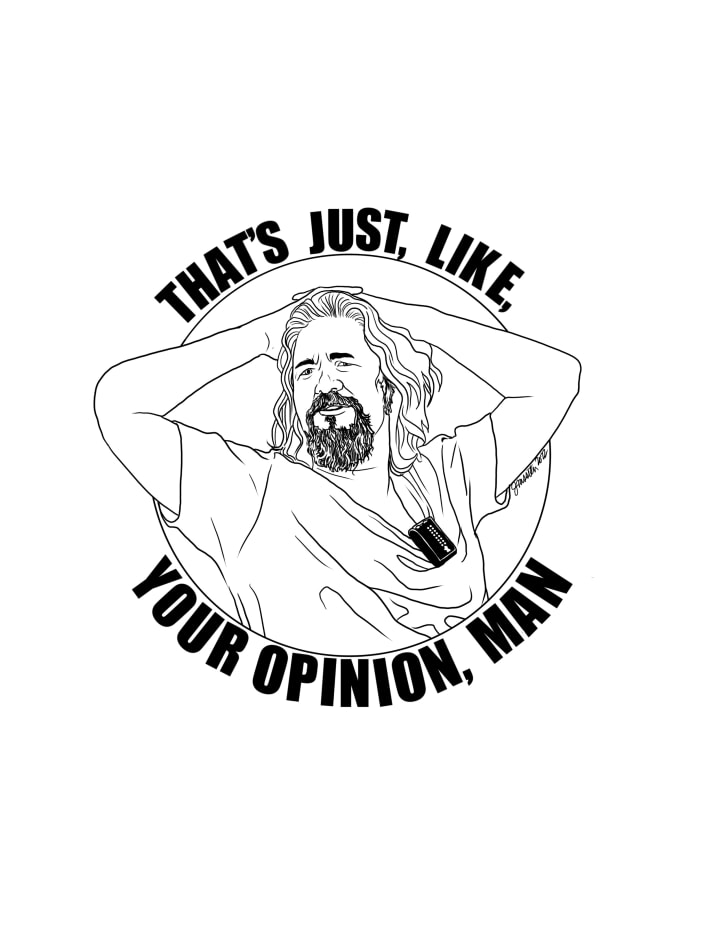
There was something about how Shyamalan risked being awful, went over the edge and became awful and yet stood by every inch of film that made the experience something I had to talk about immediately. I have rarely encountered anyone who likes these films but universally, among educated filmgoers, Shyamalan's daring is recognized. As I told a critic friend after Lady in the Water, he hung his balls out there. Shyamalan always hangs his balls out there and loses more than he wins but in losing there is a strange moral victory in the way he keeps coming back with as much ballsy vigor.
So what about you, dear reader? What are your most memorable filmgoing experiences? What moviegoing moments will stay with you forever. It's not about the quality of the film per se but how the film shaped who you are. My favorite movie ever is Everything Everywhere All at Once. Seeing that film wasn't exactly life altering but it was remarkably emotional. To be 46 years old and still be capable of having my mind blown means the world to me. You don't choose the movies that make you, life forms until you see that movie and it sneaks up in your subconscious before taking hold and leaves an impression that simply never goes away
To read more of the movies that made me, and experience my life as a film critic, check out SeanattheMovies.blogspot.com. You can also follow me for new reviews at @PodcastSean on Twitter. And follow @SeanattheMovies on Twitter for the archive blog. You can also hear me talk about movies every week on the Everyone's a Critic Movie Review Podcast on your favorite Podcast App.
About the Creator
Sean Patrick
Hello, my name is Sean Patrick He/Him, and I am a film critic and podcast host for the I Hate Critics Movie Review Podcast I am a voting member of the Critics Choice Association, the group behind the annual Critics Choice Awards.
Reader insights
Outstanding
Excellent work. Looking forward to reading more!
Top insights
Expert insights and opinions
Arguments were carefully researched and presented
Easy to read and follow
Well-structured & engaging content
Eye opening
Niche topic & fresh perspectives
Heartfelt and relatable
The story invoked strong personal emotions
On-point and relevant
Writing reflected the title & theme





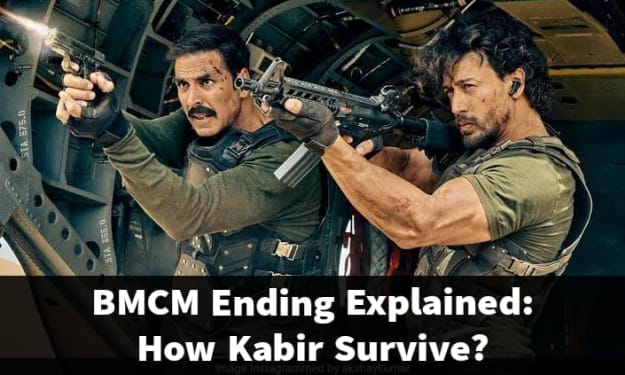

Comments (3)
This is so well written. I don't have a lot of cinema experiences growing up, but even movies that I watched on VCR and DVD players had a profound effect days after watching. That's the thing about the movies.
I've always been intrigued by what I see on the screen, and sometimes I find fascination in how I can relate to them. There are many movies I really love, but the Bridgette Jones Diaries' are important to me as they taught me how to be myself at a time when I felt I could be anybody but me. I love these reviews, so keep them coming.
I will have to admit I never ever look at what the critics say about anything. I defiantly claim my right to like whatever I want and pay good money to see bad movies. That said thank you for sharing your passion. We are all moved by something, for me it has always been more about music. But I always enjoy seeing what makes us all similar instead of focusing on what makes us different. Being blown away by an artistic endeaver is part of our shared human experience even if the thing that moves us is different for each of us.